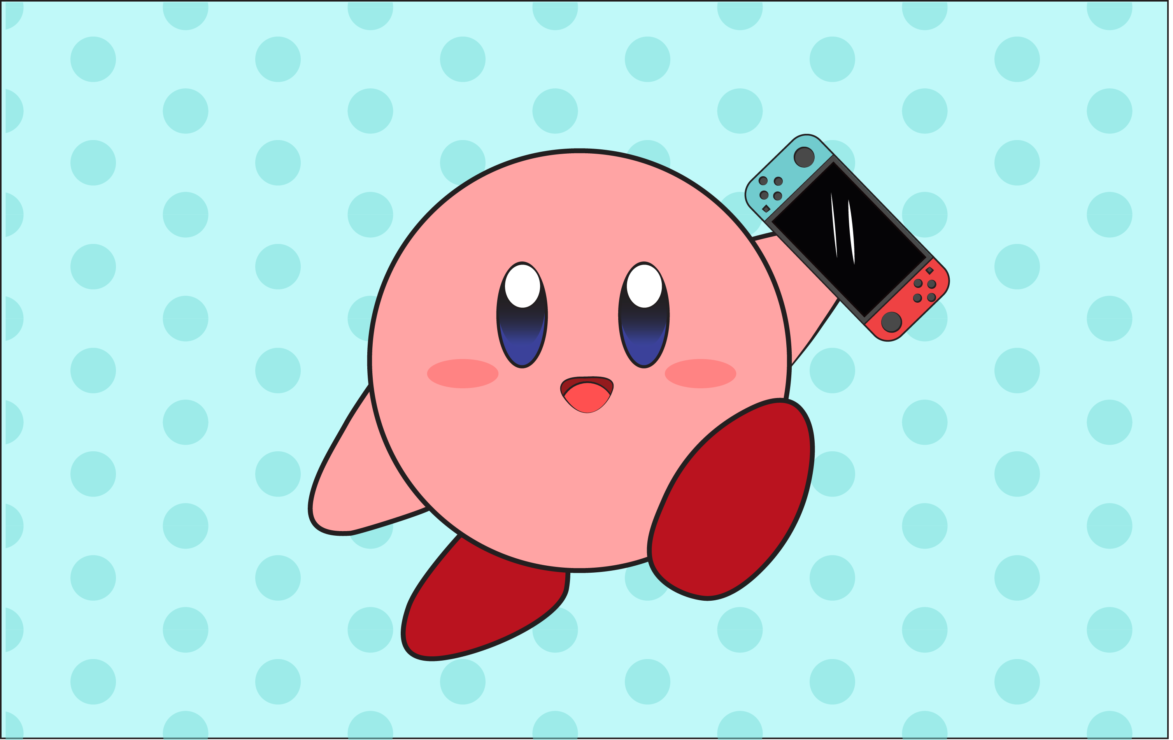After plans for e-sports leagues stalled in 2019, the pandemic has led Vikes to trial two esport leagues

As part of the Vikes at Home initiative, Vikes Athletics and Recreation is offering their first online intramural leagues.
While UVic suspended their recreation program and services until further notice amid COVID-19 in March, and professional and collegiate leagues across the world have suspended or cancelled their seasons, Vikes Athletics and Recreation have renewed their interest in esports.
The Vikes esports league is currently in its recruitment phase, and will offer a total of four unspecified games from June to July, and tournaments in August. At the time of writing, there are five registered players in UVic’s esports intramural league.
These new developments came as a surprise to long-time esports enthusiasts in the campus community. UVic professor and former Vikes rower Neil Ernst, who regularly uses Fortnite as an example in his Computer Science classes, did not know the initiative was happening — along with Peter Hillar, a long-time advocate for esports during his time at UVic.
“Somebody from the student side really has to lead it,” said Ernst. “Peter was really the driving force for this [before he graduated].”
Hillar (BSc., 2019) had been one of the key students pushing for esports at UVic. He got his first taste of collegiate competitive play in League of Legends, a team-based multiplayer online battle arena (MOBA) at UVic in 2013, when professional gaming in North America was still in its infancy.
Hillar previously approached the UVSS in 2018 regarding the possibility of joining the various official and unofficial UVic esport communities under a single association. Currently, gaming tournaments and events are mainly organized by UVSS clubs — which include a longstanding Smash Melee weekly tournaments by a decade-old UVSS-affiliated Smash community.
“I received a lot of pushback,” said Hillar. “[The UVSS] told me that Fortnite won’t be around in a year, and that esports doesn’t exist.”
Backed by widespread interfaculty interest within the student community, Hillar — with the help of Ernst — approached the university instead. Hillar remembers meeting with Vikes Director Clint Hamilton and Director of Recruitment Heather Young.
According to Hillar, Vikes Athletics wanted to separate esports from the UVSS and put it under the Vikes banner. Taking inspiration from the burgeoning esport program at UBC and SFU, Hillar envisioned that UVic would create a dedicated gaming space and equipment for an esports program, complete with scholarships, at UVic to boost enrollment, but progress has been slow since 2019.
“[The university] was paying attention and prepared to figure out what the next steps were, but Peter got a job and graduated,” said Ernst. “There needs to be some transition [to the next cohort].”
The Vikes intramurals for Rocket League and Super Smash Bros. Ultimate have been contracted out to an esports company, GYO Analytics.
Noah Hankinson, the Director of Esports at GYO Analytics, is involved with setting up the GYO-branded system that the Vikes at Home initiative has contracted for its digital intramurals.
Hankinson said that some popular game titles were excluded in the initial rollout due to concerns from UVic’s administration about the presence of guns and violence.
According to Hankinson, the Vikes administration was uncomfortable with games that were surveyed to be most popular with UVic students: Dota 2, League of Legends, and Counter-Strike.
“Those titles may be potentially explored in the future if the administration approves,” said Hankinson.
The Martlet reached out to Vikes and UVic Media Relations for more information regarding the new intramurals. They were not available for comment at the time of writing.
Esports has come a long way since 2013. It’s now a thriving global, professional scene that sells out stadiums around the world. In 2019, more people tuned in for the League of Legends World Championship Finals than the Super Bowl.
The average starting salary of a professional League player is $320 000. As former UBC student Kurtis Ling found, collegiate league championships can net you $180 000 in prize money and catapult you into a professional career earning millions.
Hankinson hopes that UVic’s new intramural program will be the catalyst for a regional esports ecosystem. On campus, there’s plenty of room to grow — and Hillar says that UVic is still interested in exploring the esports scene.
“It’s up to someone else to take the reins and really get it going,” said Hillar.
As UVic looks to compete with student-run gaming communities, it remains to be seen whether the disconnect between Vikes and UVic’s gaming scene can be bridged.






